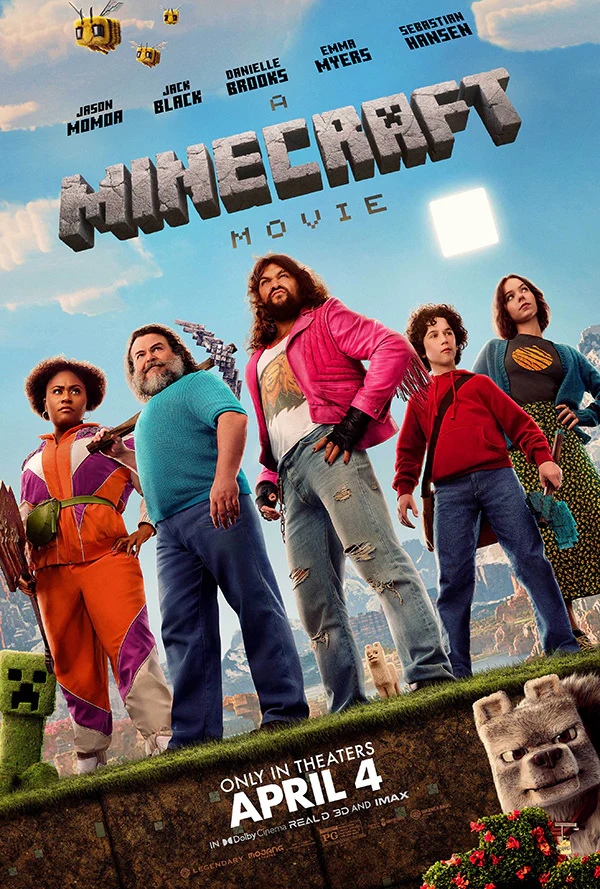Wonder Woman 1984: how it’s important to today
On Christmas day, HBO Max released the newest DC movie, Wonder Woman 1984, to its subscribers. Given the high praise for the film’s predecessor, audiences knew that it would be hard for the sequel to measure up, and for many — including three-fifths of my family — it had failed.
SPOILER ALERT
If you haven’t seen the first movie, there are a few spoilers, so proceed with caution. I didn’t spoil the second movie, but you will get a basic overview of the beginning.
If you saw the first Wonder Woman in 2017, you’d know its scriptwriters wove World War I history into Diana Prince’s (Gal Gadot) fictional story. Her heroism, grace in battle, navigation of the “world of men” and determination to better the world, captivated many who saw the movie in theaters. Diana’s friendship and blossoming relationship with American pilot Steve Trevor (Chris Pine) made the plot even more engaging.
The previous movie was more or less a “historical event but make it superhuman” type of film. If the storyline of the first flick was a headline, it would probably read, “Group Lead by Demigoddess Tries to Save Innocent Civilians from Ruthless German Leaders.” The idea of ending a terrible war while helping as many people as possible drives the entire movie.
This next movie has Diana working as a Smithsonian curator and performing heroic acts incognito across the world. At some point, a mystic wishing stone shows up at the museum, and, unknowingly, Diana and her insecure coworker use the stone to satisfy their desires. Diana wishes for Steve — who sacrificed his life in a plane explosion to save thousands of civilians — to come back to life, and her coworker wishes to be more like the “perfect” Diana. What is problematic about the stone is that it requires the wisher to give up something meaningful in return until he or she renounces the wish. Maxwell Lord (Pedro Pascal), a businessman trying to save his oil company, takes the stone and wishes to become the living embodiment of it, allowing him to manipulate others into making wishes and get what he wants from them. Through making exchanges with people, he essentially becomes a god.
Viewers who called this movie “ridiculous” might be correct. The plot was a little out there, a lot to unpack, and it wasn’t as good as the first one. But when you think about it, the writers’ intentions were different for this film. Like the previous movie, this was a period drama, and the genre allows creators to connect the setting of the film to the year in which it is produced through some overarching theme. Unlike WW84’s predecessor, though, they were trying to do more than tell a story about a historical event; a lot of their audience was alive in 1984, so simply recounting the recent past wouldn’t have had the same effect. Their major goal in making WW84 was to criticize a world where greed controls people’s actions and where technology and government wield immense authority in peoples’ lives. Sound familiar?
On a different note, I cannot fully address the movie without talking about its name. The film is set in 1984, which immediately brings to mind George Orwell’s novel 1984. Set in a dystopian society that is constantly at war and controlled by Big Brother, people are shaped to believe anything their government tells them through two-way screens in their homes. In the actual 1984, the Cold War had been going on for about four decades, starting almost immediately after World War II. The fear of escalating tensions between the two sides plagued the world, which is demonstrated in the movie. Plus, the falling action of the film is eerily similar to the use of radio waves and television in the novel. Again, period dramas analyze the time in which they are set as well as the time in which they are made, so it’s clear the writers saw some connection between 1984, the story they wanted to write, and the times in which we are living.
My verdict is that when leaving out the significance of the film, it’s a 7/10. The actors are great, the scenes keep it interesting. I especially love when Steve discovers how much the world has changed from the 1910s to the 1980s, and while the plot overall is a little bizarre, it’s a decent way to spend a quarantined Friday night. When thinking about the context of the film — like adding in the themes and the fact that it’s a period drama — I would give it a 9/10, leaving out that last point just because it seems as though they dramatized how bad the world is right now with their connection to 1984. We may not be living in a utopia, but it’s nice to have some hope.









